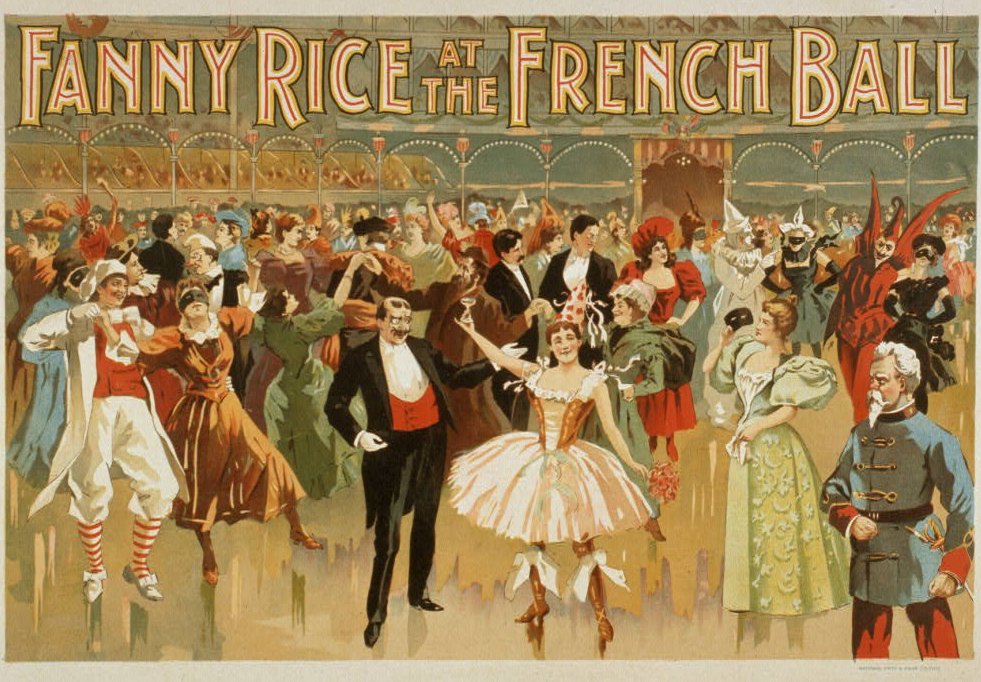
The Belle Époque Magic
A Social TapestryImagine horse-drawn carriages idling by the Eiffel Tower - an architectural marvel fresh from its 1889 debut - while corseted ladies and top-hatted gentlemen promenade the Champs-Élysées, epitomising the elegance of the era. Cafes bustled with philosophers and poets discussing life's great questions over a game of chess, and in the suburbs, bohemian artists like Toulouse-Lautrec and Picasso painted sprawling murals immortalising the city's vibrancy.
Technological Innovations
While cultural milestones were being inked into the city's heart, Paris wasn't complacent in the fields of science and technology. The Paris Métro opened during that time - a testament to the city's modernisation and a practical jewel in its urban development crown.
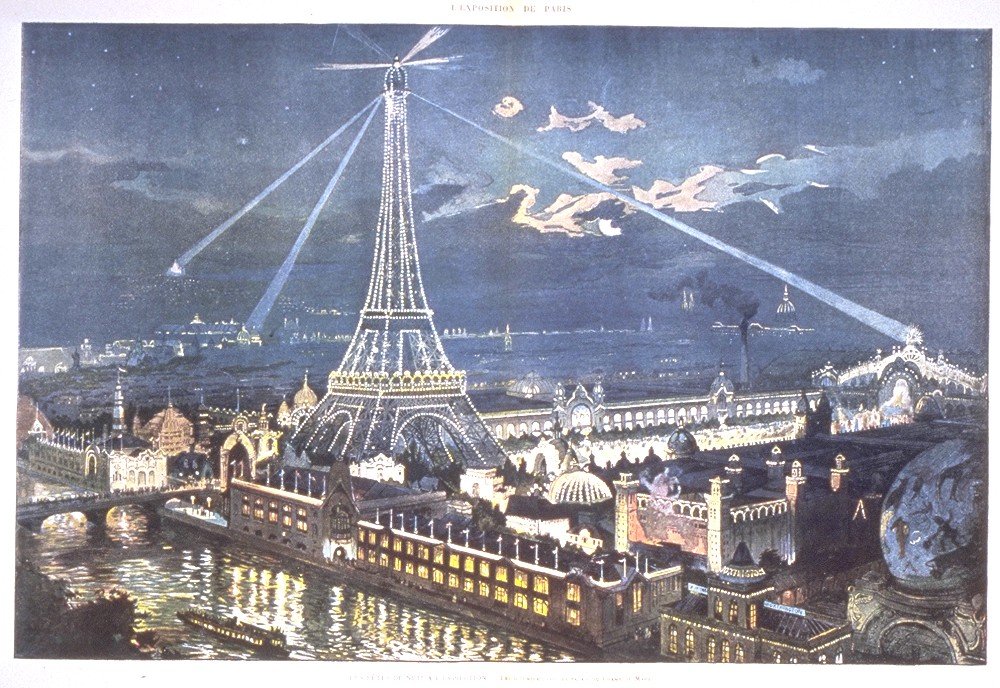
The Parisian Games Unfold
The Unconventional OlympicsThe 1900 Paris Olympics were not the grand spectacle we're familiar with today. Instead, they were part of the World's Fair, or Exposition Universelle, a colossal exposition celebrating the achievements of the 19th century and beckoning the dawn of the 20th. The games lasted for five months - from May to October - and were held as an addendum to the exposition.
A Mélange of Sports
The sporty line-up was eclectic, to say the least. Everything from cricket to croquet was included. Even live pigeon shooting was on the menu, much to the confusion and bewilderment of modern audiences. Traditional athletics rubbed shoulders with pigeon fancy, kite flying, and even the somewhat obscure sport of ballooning.
Legends in the Making
The competitors may have been a microcosm of the sports they represented, but they were no less legends in the making. American athlete Ray Ewry claimed his first two of his ten Olympic gold medals in the standing high jump and standing long jump. In the pool, Australia’s Frederick Lane pioneered a new style of swimming, the doesn't-sound-very-Olympic-like "underwater swim," and other significant firsts splashed into the annals of history.
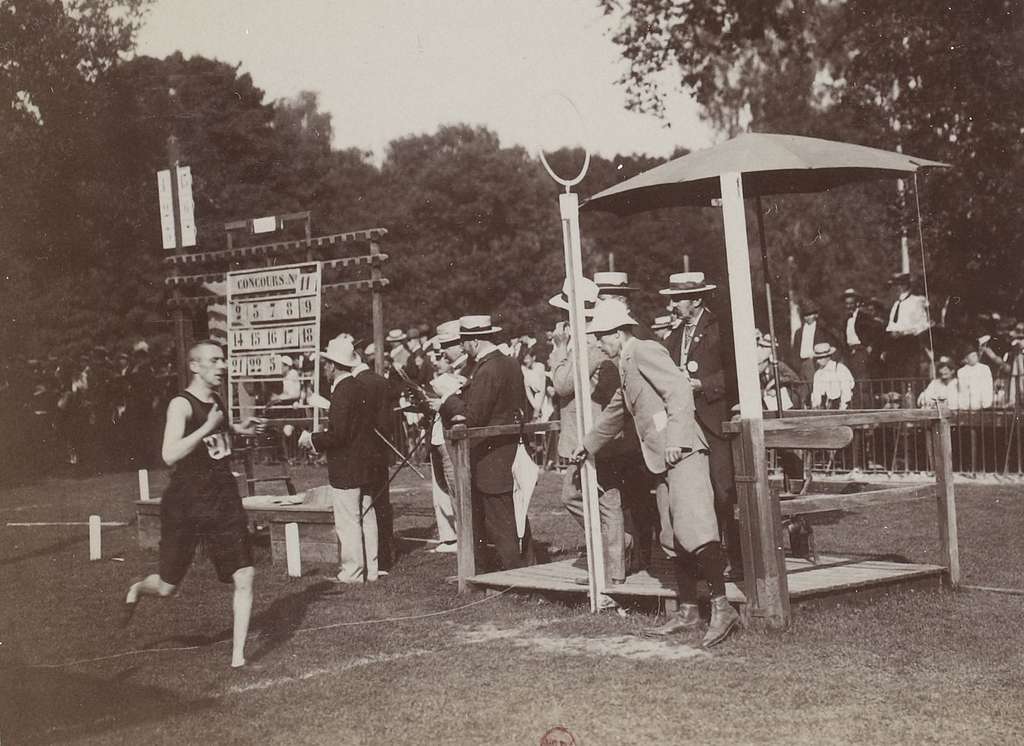
Parisians of the Time
Poetic ProfilersThe characteristic Parisian flair can't be captured in a list of landmarks or historical events; it's in the people. The bohemian lifestyle, the intellectual debates, and the revolutionary art that Paris is renowned for today were being shaped by the personalities that filled its streets. Writers like Émile Zola and Marcel Proust were crafting their masterpieces, their pens as powerful as any sword.
Artistry in Action
Meanwhile, artistes of the brush and chisel, such as Rodin and Monet, were breaking free from traditional moulds and establishing new movements that would redefine art for generations to come. Their works weren't just paintings and sculptures; they were the tangible expressions of an era and the limitless potential of human creativity.
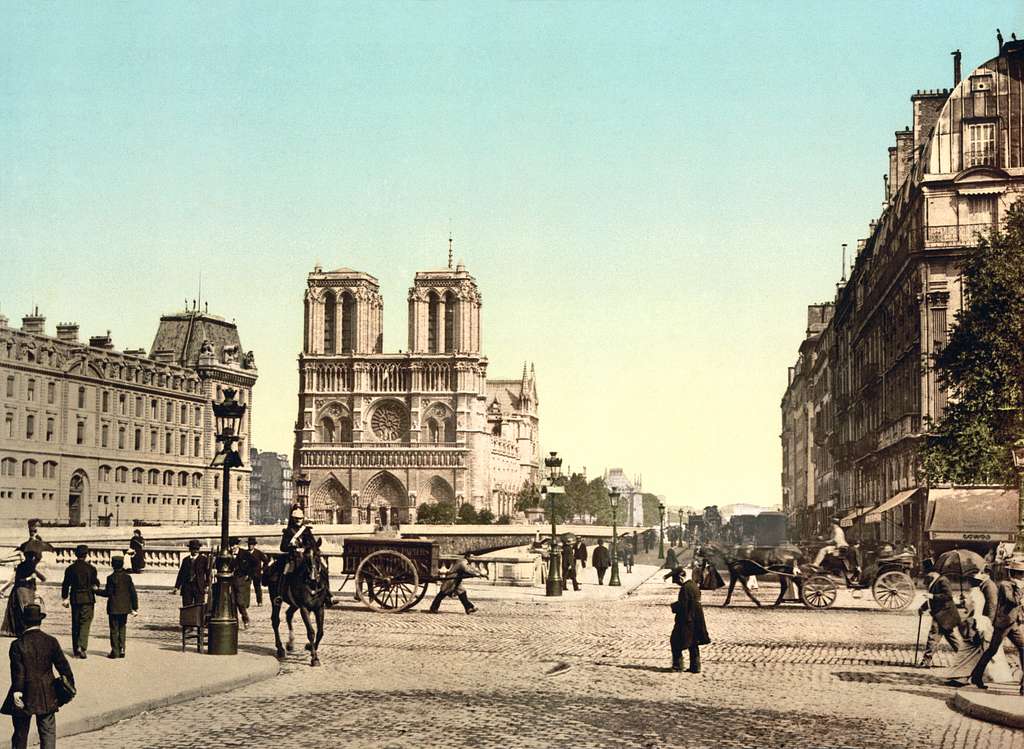
Parisian Landmarks in the Limelight
Eiffel TowerThe Eiffel Tower, a then-recent addition to the city's skyline, served as a focal point for the Exposition Universelle and a harbinger of the future - with lifelike demonstrations of the telescope, the phonograph, and films. Today, it stands as the pre-eminent symbol of Paris and an obligatory stop for any traveller with a dream of the City of Light.
Notre-Dame de Paris
Before the devastating fire of 2019, Notre-Dame was not just a venerable cathedral but a testament to the city's endurance and faith. Its Gothic spires and flying buttresses have witnessed centuries of change, and it featured in the 1900 Olympics, hosting some of the athletic events - representing a convergence of the old and the new.
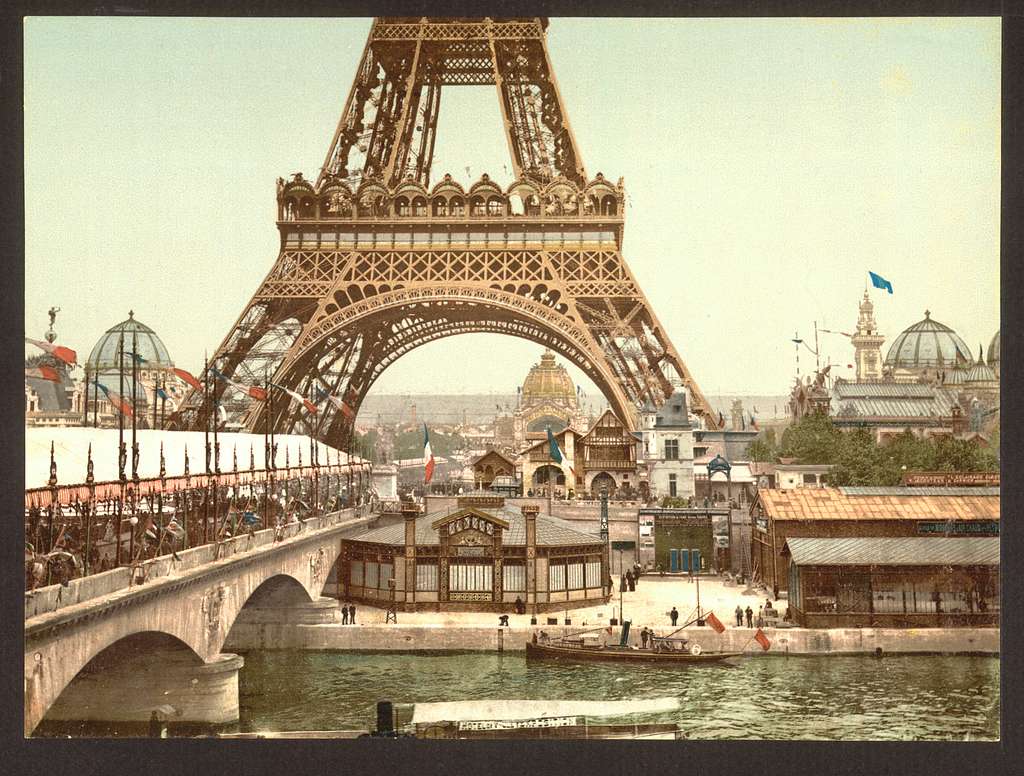
A Legacy Set in Stone
The Paris 1900 Olympics, with all its idiosyncrasies, laid the foundation for future games, demonstrating the potential of sport to unite nations. Beyond the fields and arenas, it was a reminder that the stage of history is vast and varied - and one that Paris was ready to grace.Cultural Ripples
The confluence of cultures at the games set the tone for what would become a defining characteristic of the Olympics - an opportunity for the world to celebrate its diversity. Paris' open-hearted welcome was a powerful display of its commitment to intellectual and creative freedom, echoing the city's proud history as a beacon of enlightenment.
Sporting Modernity
The 1900 Olympics encapsulated a Paris in the throes of progression. Balancing tradition and innovation, it showed that a city could honour its past while looking to the future. The impact of the games was felt not only in the sports arena but in the hearts and minds of those who pioneered a spirit of Olympian endeavour, shaping the games into the global phenomenon they are today.
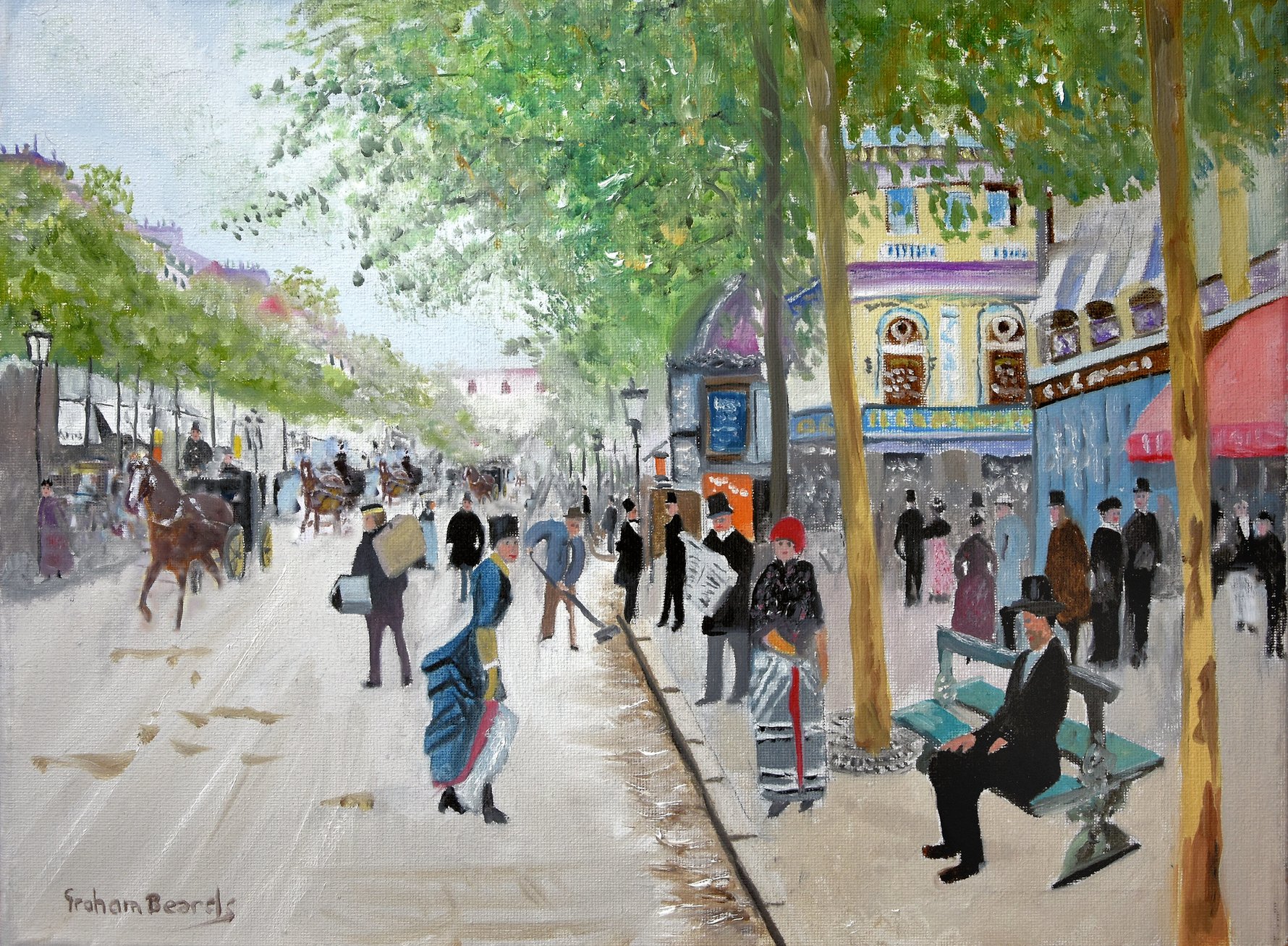
Travel Back in Time to 1900 Paris
Retracing Olympic StepsFor the history enthusiast, a visit to Paris is incomplete without a step back in time. The city's museums and historical sites offer a vivid tapestry of the Belle Époque. The Musée d'Orsay, a former railway station turned repository of 19th and early 20th-century art, and the Panthéon, the final resting place of many of France's distinguished citizens, provide immersive lessons in Paris' past.
Hidden Gems
Venture off the beaten path and explore the thoroughfares and squares where art and revolution met. Montmartre, with its artistic legacy and panoramic views of the city, and the Jardin des Plantes, a tranquil haven for botanists and ponderers alike, are just two of the countless nooks that whisper the tales of a bygone Paris.
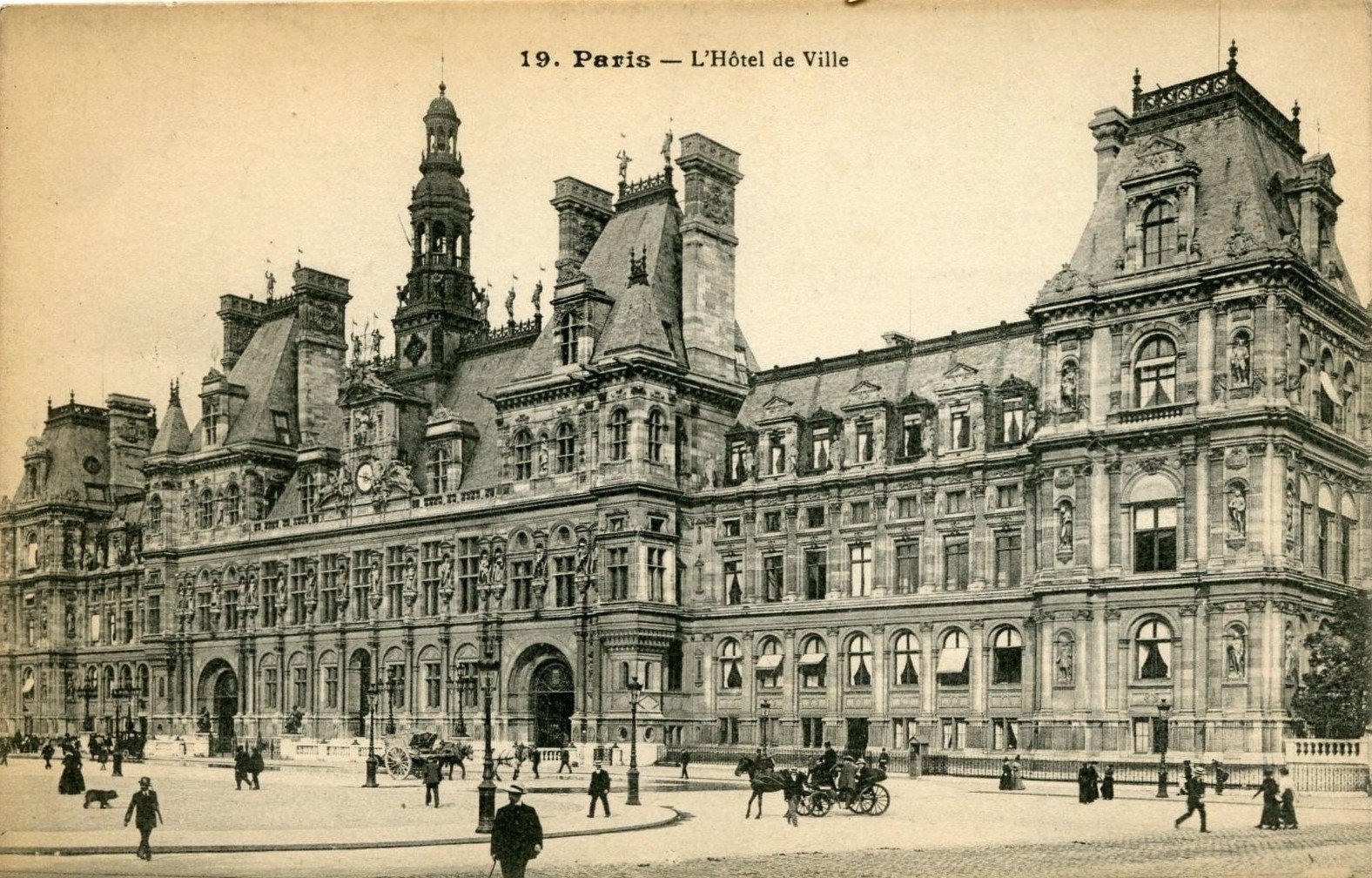
In Retrospect
The Paris 1900 Olympics were but a chapter in the city's vibrant history, yet they encapsulated the splendour of an era. They were the junction where the paths of athletic prowess and artistic grandeur crossed, leaving an indelible mark on the tapestry of both Paris and the Olympic movement.A Lasting Light
More than a century later, Paris endures as a city that captivates and inspires, a city where the echoes of the past can be heard just as clearly as the whispers of the future. The 1900 Olympics were a curtain-raiser for the magnificence that was to come - a testament to Paris' ability to continually reinvent itself, like a phoenix rising from the ashes, ready to host new legends, new dreams, and new histories.
For the modern-day traveller, for the sports enthusiast, for the lover of art and culture, the tale of Paris 1900 is a call to witness history and to be a part of the narrative that connects us all. It's an invitation to stand on the cobbles and to feel the heartbeat of a city that has, and always will, set the stage for greatness.


Comments